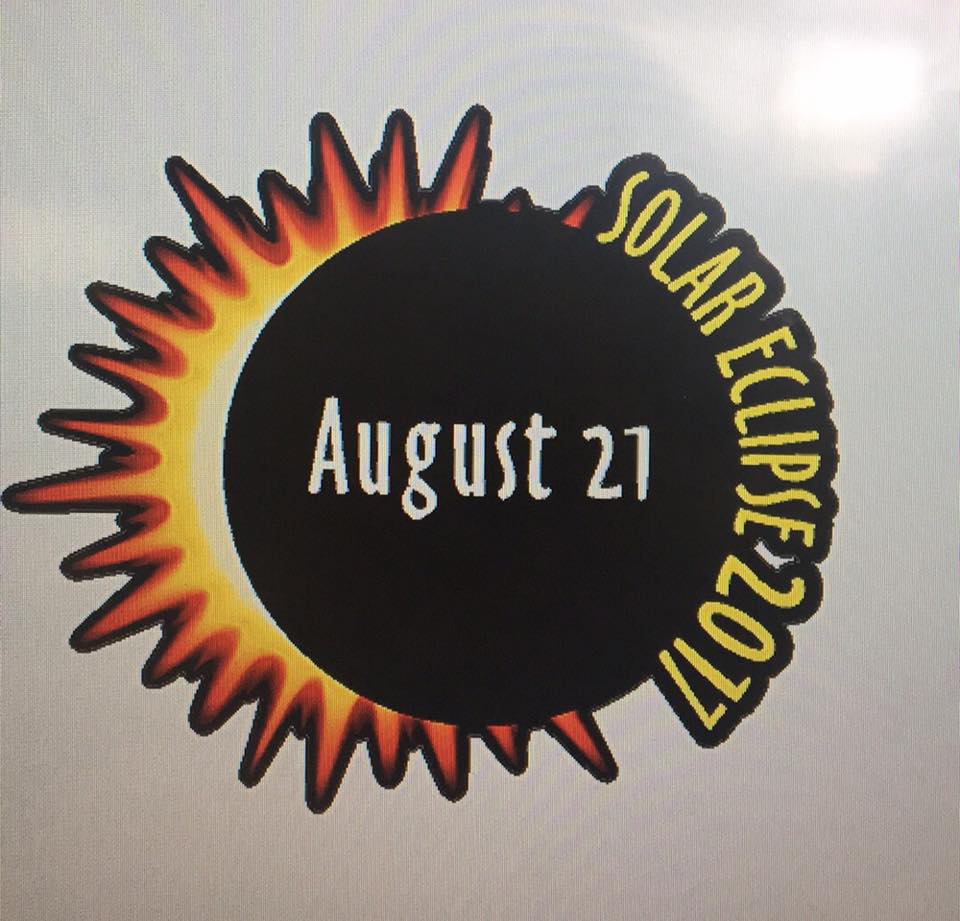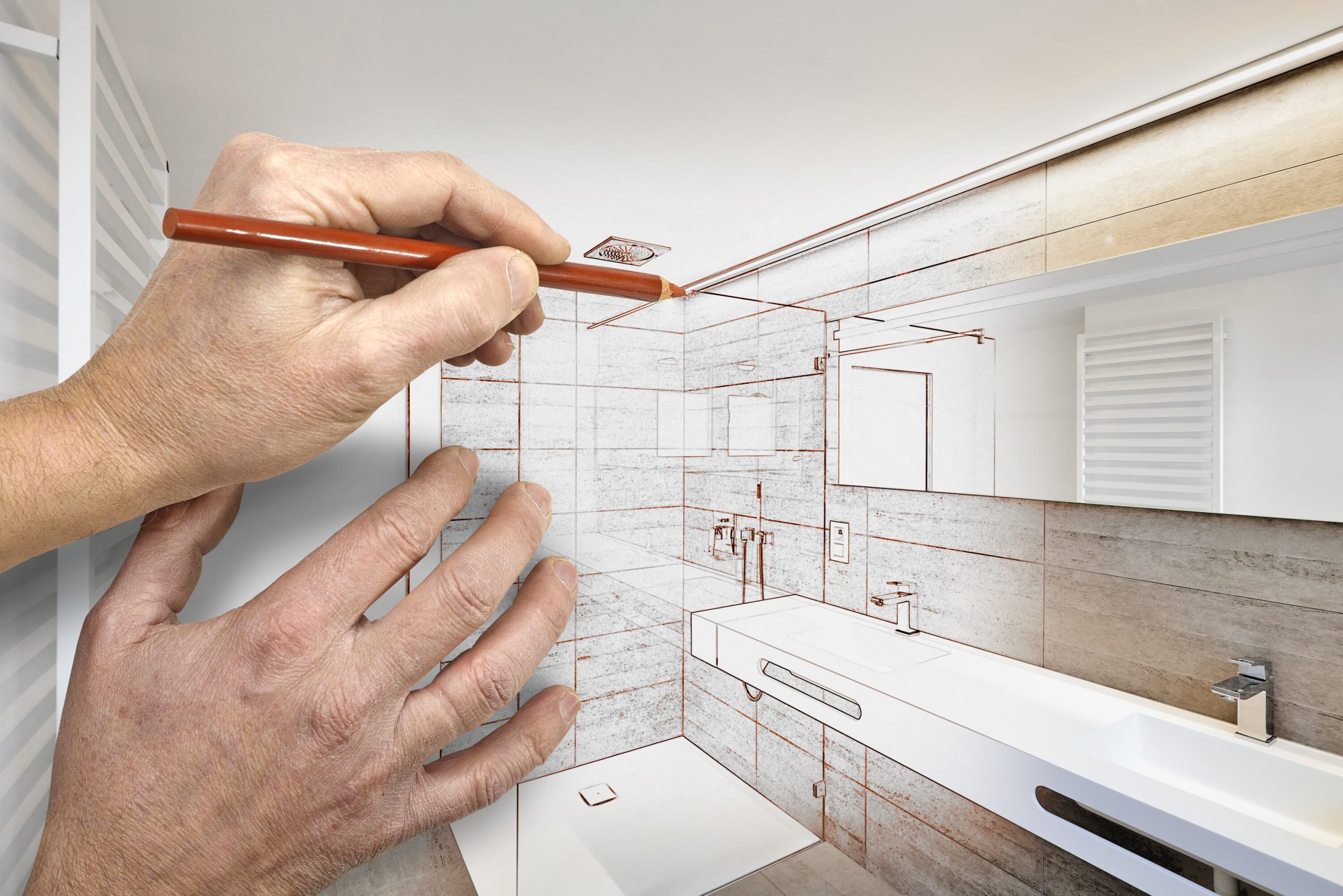5 Reasons Why Your HVAC Unit is Loud Do you find your HVAC unit excessively…

Protecting Your HVAC Efficiency During the Eclipse.
(Photo courtesy of Tom Jeffrey Signs)
So, you’ve gotten your eclipse glasses, built your pinhole projector, planned your viewing site…but have you thought about your thermostat? Probably not! But a total solar eclipse like the one we’ll be experiencing on Monday has effects on both temperature and energy production that may affect how you want to set your thermostat for the day.
First, let’s talk about how the eclipse will affect the outside temperature. During a solar eclipse, the moon casts a shadow on the earth, blocking out the sunlight. As a result, the temperature begins to drop just like it does at night. According to Accuweather, the change in temperature varies depending on how much the sun is obscured, cloud cover, and other weather factors. And of course, the temperature changes the most in the band of totality.
Overall, Accuweather expects around a ten degree drop in temperature during the eclipse, but in some recorded cases, the temperature has dropped as much as 28 degrees. Here in the Tennessee Valley, a ten degree drop probably won’t affect how you want to set your thermostat for the day—because you’ll still need air conditioning! But if you’re traveling further north to view the eclipse, it might be something to keep in mind.
Second, how will the solar eclipse affect energy production? Well, the United States has greatly expanded its solar capacity in the last decade, and solar energy now provides electricity for millions of homes. But during this eclipse, the electrical output of solar panels across the country will be drastically reduced or completely cut off. According to Bloomberg Technology, this will reduce the nation’s solar electrical output on Monday by about 9000 megawatts!
Of course, since homes need electricity on cloudy days and at night, we already have infrastructure in place to keep the energy flowing when the sun doesn’t shine. But the temporary and unusual decrease in solar power will mean a sudden, sharp increase in demand for electricity from other sources, such as fossil fuel power plants. That kind of demand spike can cause a temporary, but significant increase in the price of electricity. Plus, it puts a strain on the nation’s energy grid.
So what does this have to do with your thermostat? Well, according to the US Department of Energy, almost half of the energy used by a typical American household goes toward heating and air conditioning. Because air conditioning requires so much electricity, setting your thermostat just a few degrees higher can significantly decrease the amount of energy your household uses. And doing that during a peak demand time can both help to stabilize the energy grid and save you even more money.
In fact, it can make such a difference that the folks at Nest, the company that makes Nest Learning Thermostats, have developed a special program called the Solar Eclipse Rush Hour. Homeowners with Nest thermostats will receive a message this weekend asking if they want to join in the program. If they accept, their thermostat will be automatically programmed to lower the temperature in their home a few hours before the eclipse begins in their area. That way, by the time the demand spike occurs, their house will already be cooled down a few degrees below its usual temperature, so that the air conditioning won’t need to run while the demand spike is going on. Homeowners who opt in will save a little money, and it will reduce the strain on the grid, which is good for everybody. That’s a win-win!
But what if you don’t have a Nest Learning Thermostat? Don’t worry—you can adjust your thermostat manually to get the same advantages. If you’ll be home and you want your home to stay cooler, you can turn the thermostat down a couple of degrees an hour or so before the eclipse begins, then set it back to normal during the actual eclipse. Or if you don’t mind having temperatures a little warmer or if you won’t be home during the eclipse, you can just set your thermostat a couple of degrees warmer than usual for the day. Either way, you’ll be reducing your energy usage during the peak demand.
The last time a solar eclipse like this happened in the United States was 1918. During that eclipse, folks didn’t have to worry about adjusting their thermostats or how running their AC would affect the energy grid, because homes didn’t have air conditioning back then! And they didn’t have to worry about the eclipse decreasing the electricity from solar power, because they didn’t have that either. The world has changed so much since the last eclipse like this occurred—you can’t help but wonder what the world will be like the next time it happens, a hundred years from now!


